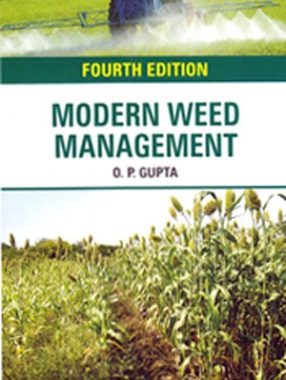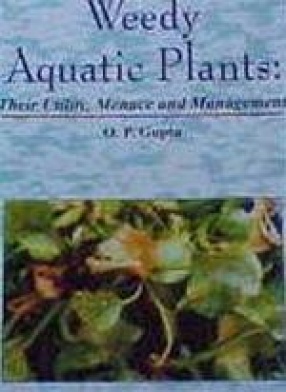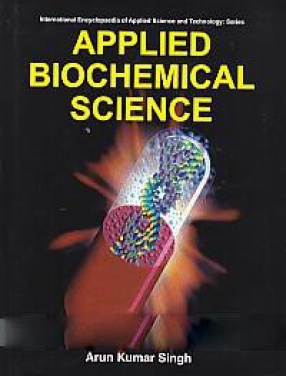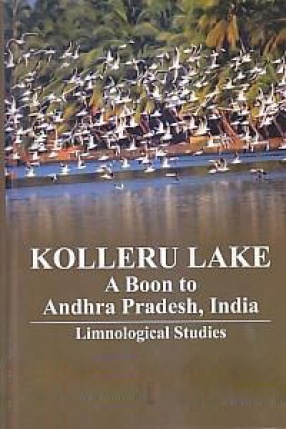This grossly updated fourth edition of Modern Weed Management is a unique review of the sample material that reflects the fast emerging issues in weed science research eg concerns about our environmental safety in the use of herbicides; the changing patterns of weed species dominance; the development of herbicide resistance in races within the weed species; genetic engineering leading to purposeful induction of herbicide resistance in crops; and the like. What sets this book apart from the other valuable ones on the subject is the fact that the entire research and development pathway is presented in an orderly manner, with proper brevity.
The ubiquitous and insidious nature of weeds, their persistent interference in agriculture and other affairs of man, their hardiness, and their distribution over different agro-ecosystems have been redefined with relevant examples in the initial four chapters of the book. This material is followed by enlarged enumeration of the elements of prevention and control of weeds, with their comparative advantages and limitations through chapters 5 and These chapters include also detailed account of the current weed control tools like bioherbicides, allelochemicals, herbicide resistant crops, and soil solarisation. Much emphasis has been given on the ecological aspects of reining the weeds through good crop husbandry in chapter – 7 as basic to all available weed management strategies in agriculture. The importance of tillage and other physical activities adopted for weed management have been emphasised in the subsequent chapter – The chapter – 9 on the biological control of weeds is much enriched with information and figures. The chapters 10 and 11 are devoted to an updated account of methods and means of application of herbicides, both on the crop and non-crop lands.
New herbicide molecules are piling up fast to give better weed and crop situation – oriented choices to the farmers. Attempt has been made to incorporate structural and functional features of all important new herbicides in use and testing in India in chapters 12 and 1 This is a rare bonanza of scientific material, collected from the latest research journals of worldwide importance. The neatly updated information on the physiological aspects of herbicides and their selectivity behaviour form the subject matter of chapters 14 and 1 These follow chapter 17 on the burning topic of development of herbicide resistance in weeds, worldwide. The subsequent chapters ‘8 to 20 deal with aspects like the role of adjuvants in herbicide usage, herbicide behaviour in soils including their protracted residues to affect sequential crops, and the influences of elements of environment on the activity and selectivity of herbicides.
The topic of weed management practices in field crops and vegetables, available in chapter 21, has been entirely updated to include the latest herbicide recommendations to tackle the new weed problems. It is based on a meticulous collection of literature. So is true of the subsequent chapter – 22 on weed control in orchards, plantations, and grasslands. The non-selective control of weedy vegetation in chapter – 23 has been revised to describe its need and operation in the crop and non-crop situations, separately. The Chapter – 24 on the management of specific problem weeds has been updated to embody the newly reported Invasive Alien Weeds from the south, along with some new lively figures.
Pesticide residues in our food is the talk of the day. The subject concerning this aspect of herbicides has been discussed in chapter 2 The last two chapters of the book depict the impact of modern weed management technologies on several crop cultivation operations and the modern field research methodology with herbicides. Some appendices have been usefully modified to support fully the main text of the book.
The fourth edition of the Modern Weed Management is a trend setter which is anticipated to serve the students better for considerable time ahead and also act as an exhaustive reference source for the teachers, researchers, and all those interested in managing the wily weeds in a feasible, economical, and sustainable manner.






There are no reviews yet.